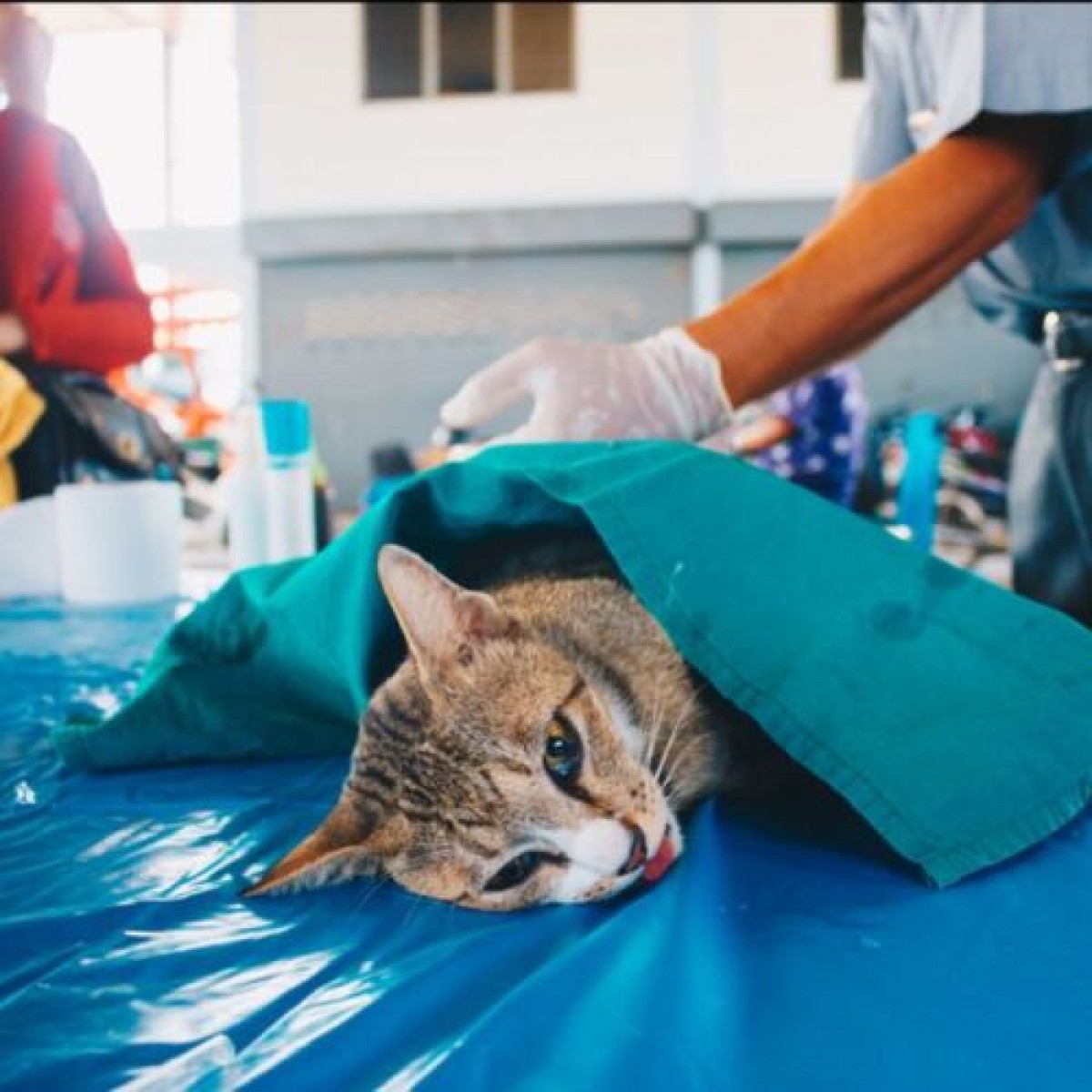Antech shares results of study on resistant hookworm
by Katie Pfaff
Diagnostic reference laboratory network, Antech Diagnostics, has shared that data for its KeyScreen GI Parasite PCR test has shown the ability to detect treatment resistance for infection of hookworm in dogs. The test also screens for 20 parasites.
The PCR test, which identifies treatment resistance to A. caninum benzimidazole, was tested in a study. The test also identifies zoonotic Giardia in dogs and cats. The research also found that for dogs, the common treatment for hookworm is not effective in 28.7% of patients; the study was conducted among pet dogs in Florida.
“When we introduced KeyScreen in January, I posited that ‘we don't know what we don't know’ about emerging parasitic threats due to the limitations of traditional screening technology. With more than a quarter of the stool samples containing hookworms with resistance to benzimidazoles, this view has borne true,” said Christian M. Leutenegger, Dr. Med Vet, BSc, PhD, FVH, director of molecular diagnostics, R&D, inventor and lead investigator at Antech. “Treatment-resistant hookworm has been an emerging threat for several years. Now that we have a window into where and in what populations it exists, we'll be able to make better, more effective treatment decisions that can protect pets, people and help contain benzimidazole resistance, which—if it continues unabated—can severely impact both human and animal health and well-being.”
The company’s test can be useful in detecting disease which could impact animal and human health. A study from the company found that KeyScreen was in 97.5% agreement with centrifugal flotation for diagnosis of Ancylostoma caninum and Ancylostoma spp, and at a faster interval (17 days instead of 28).














List
Add
Please enter a comment